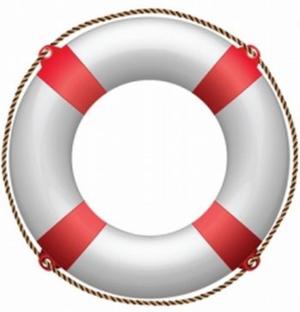Are You Experiencing True Guilt or False Guilt?
We must differentiate between true guilt, and false guilt. Listen to how Paul differentiates between the two:
Godly sorrow brings repentance that leads to salvation and leaves no regret, but worldly sorrow brings death. See what this godly sorrow has produced in you: what earnestness, what eagerness; to clear yourselves, what indignation, what alarm, what longing, what concern, what readiness to see justice done.2 Corinthians 7:10-11

Before we investigate these types of guilt, I would like to give you an overview.
1. True guilt. Corinthians calls this Godly sorrow in the NIV, or sorrow that is according to the will of God in the NASB. 2. False guilt. Corinthians calls this worldly sorrow in the NIV, or sorrow of the world in the NASB.
Within false guilt I see two categories:a. Deliberate pretended guilt.
b. Imposed guilt. This is guilt that we, the world, and other people impose upon ourselves.
Let’s explore.
Are You Experiencing True Guilt or False Guilt? Read More »









